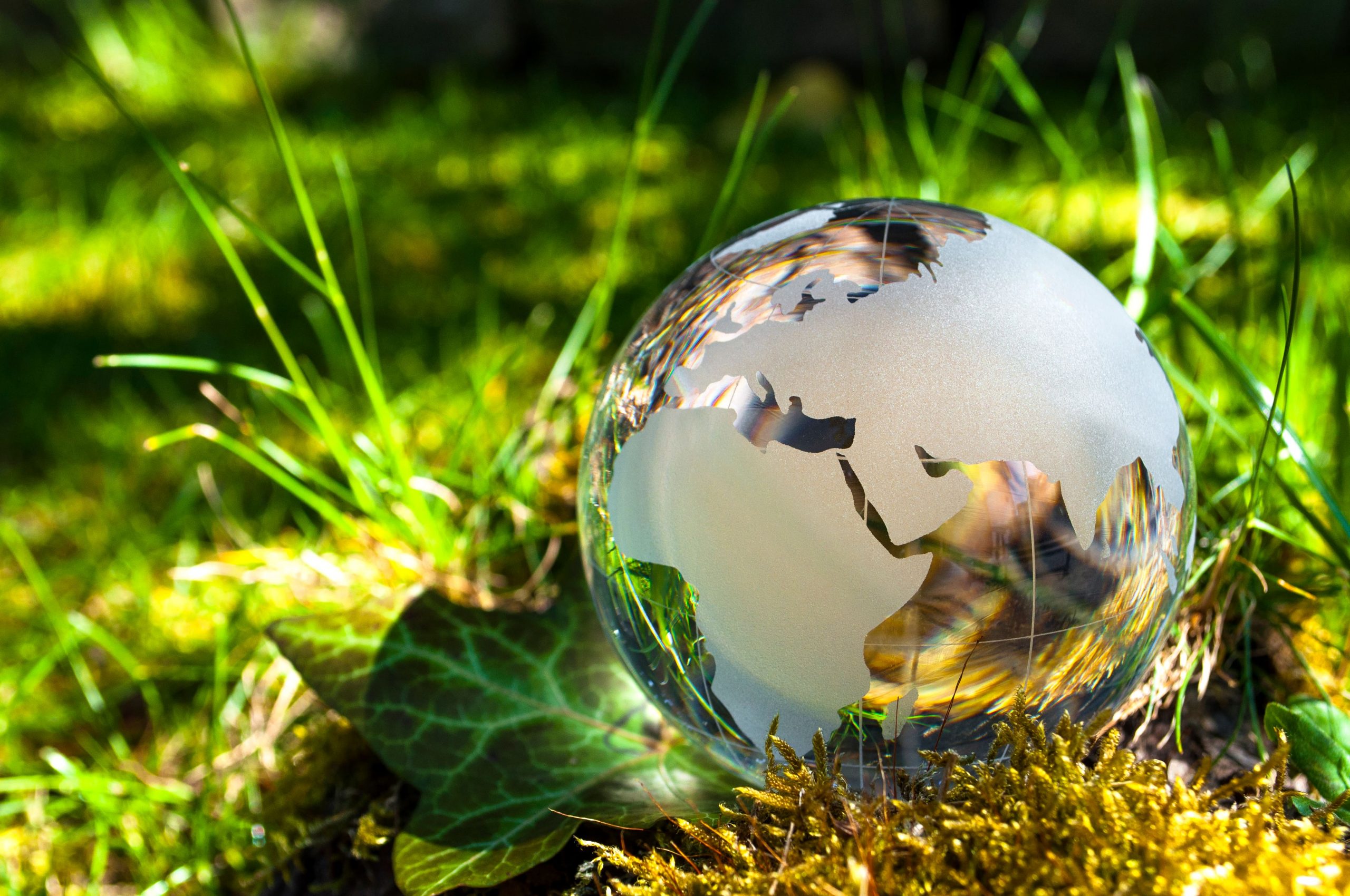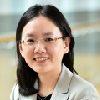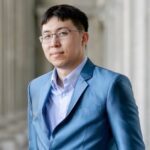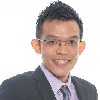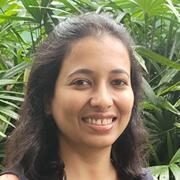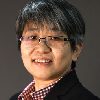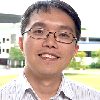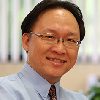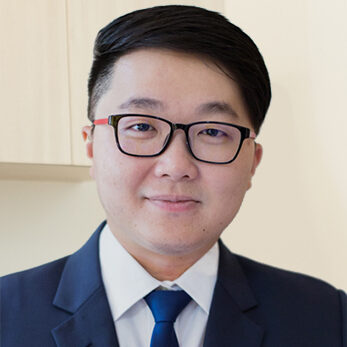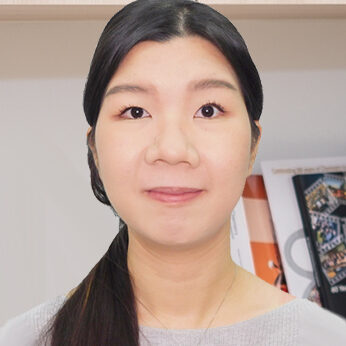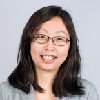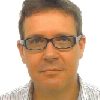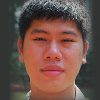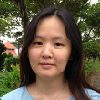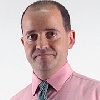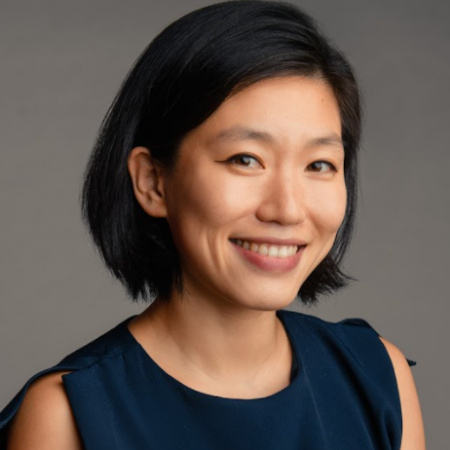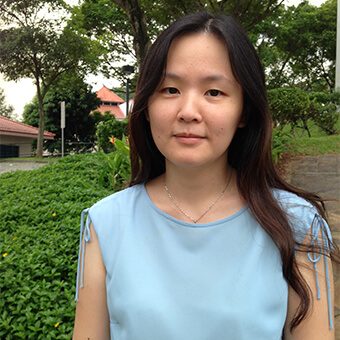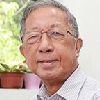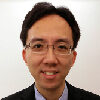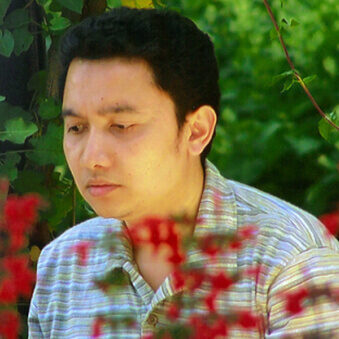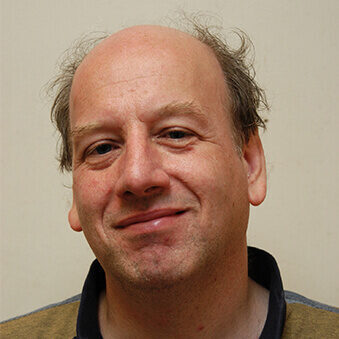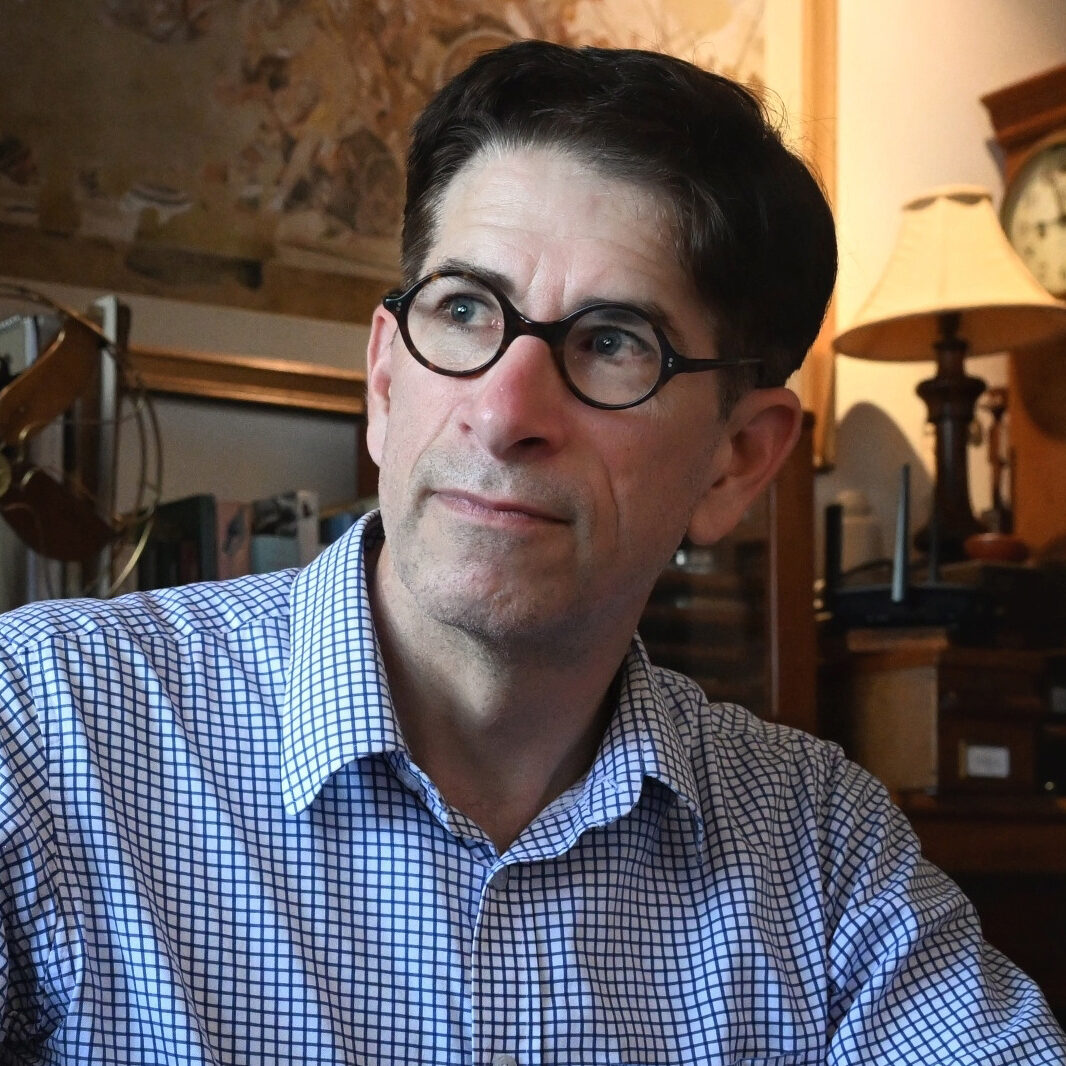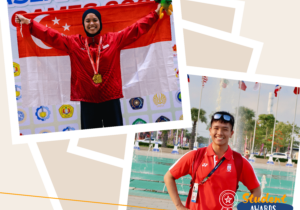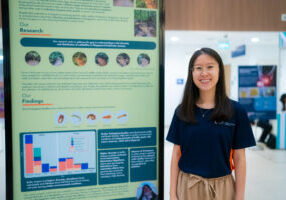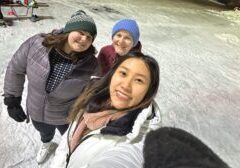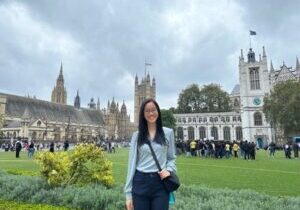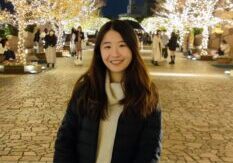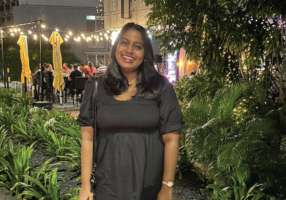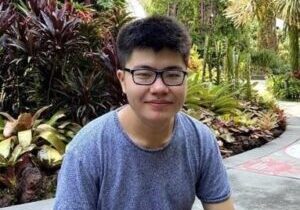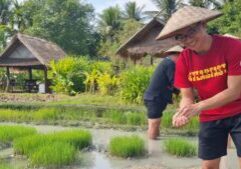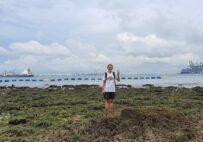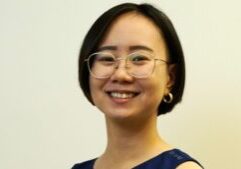
Scientific Inquiry II
HSI2001 Scientific Inquiry & Health: Good Science, Bad Science
Given the abundance and oftentimes conflicting nature of health information and advice, how do we decide what to believe and what not to? This course aims to develop students’ scientific thinking capacity to distinguish good science from bad science using interesting authentic case studies and everyday examples on selected health topics. Through a deeper appreciation of scientific inquiry in the context of health sciences, this course hones students’ critical thinking skills, empowering them to be critical consumers and creators of new knowledge.
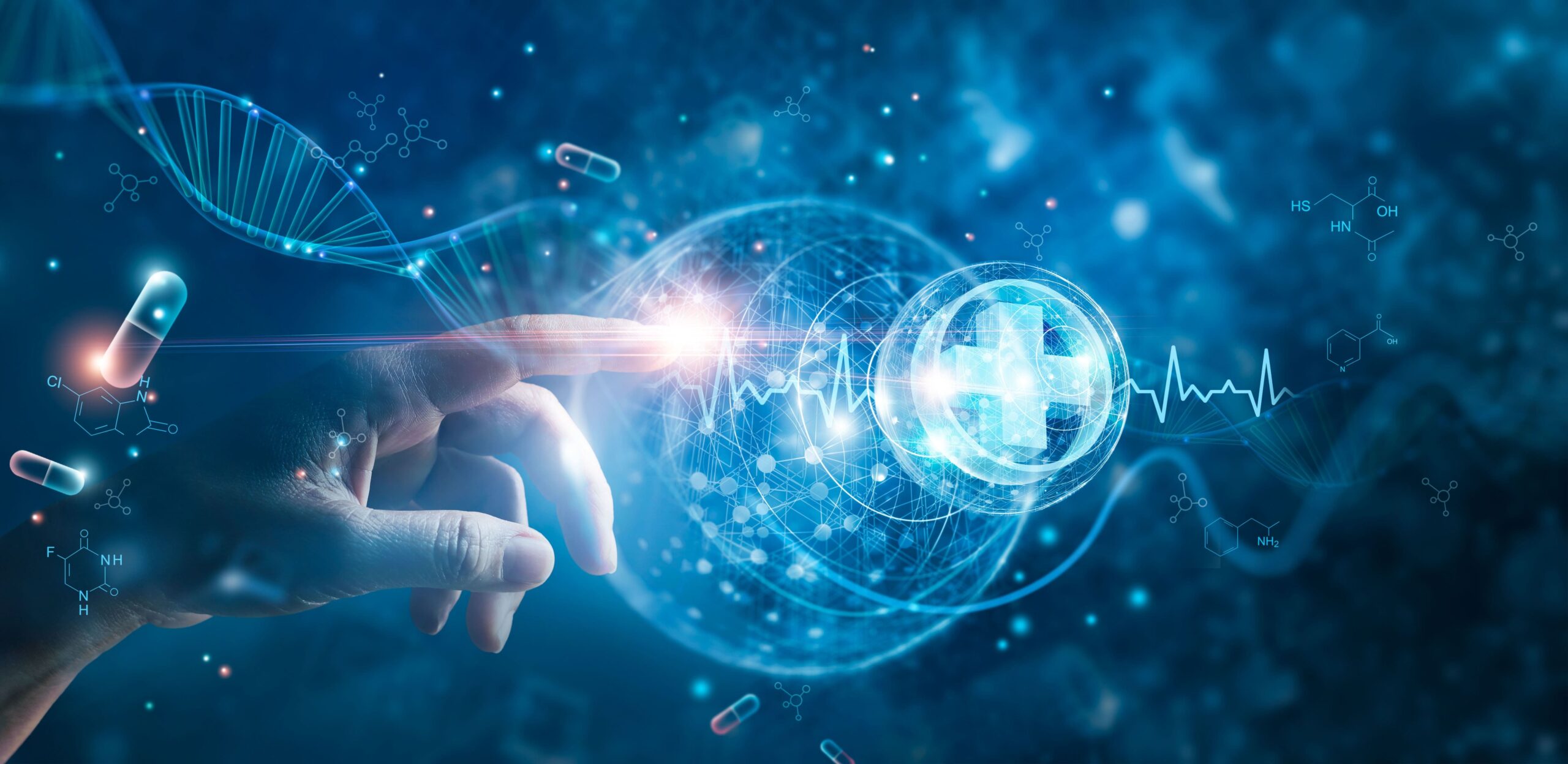
HSI2002 Inquiry into Current Sporting Beliefs and Practices
Modern sporting and exercise practices are mostly established based on contemporary research evidence; some, however, can just be anecdotal beliefs influenced by other non-scientific factors including those of sociocultural, media and commercial origin. The latter may lead to undesirable or even detrimental outcomes. This course draws on the fundamentals of sports physiology and nutrition to provide an evidence-based platform for inquiry-based evaluation of contemporary sporting practices, technologies and aids. It encourages critical analysis of contemporary sporting issues and also seeks to address matters related to the development of sporting culture and policies from both international and local perspectives.

HSI2003 From DNA to Gene Therapy
This course examines the evolution of ideas in molecular biology, focusing on approaches to investigations, how these lead to scientific knowledge, and the practices of scientists. Students will learn how the discovery of the DNA structure ultimately led to tools for gene therapy, enabled by the interplay between disciplines beyond molecular biology. Students will embark on mini-projects, and learn how scientists function within communities in the pursuit of major discoveries. This course will equip students with the knowledge and skills needed to understand and evaluate the impact of scientific advances on society and how society in turn shapes scientific endeavours.
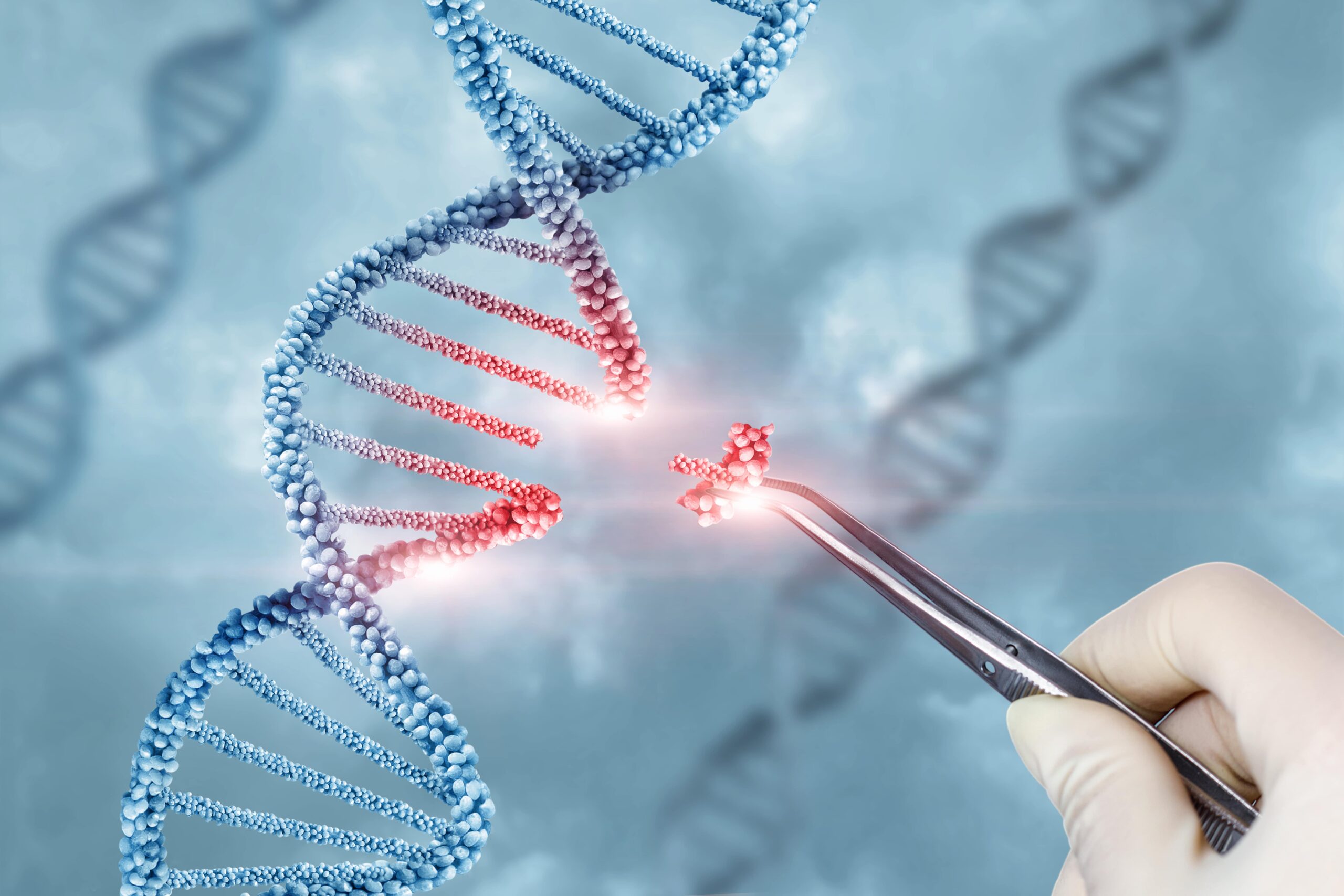
HSI2004 Cell Based Proteins for a Sustainable Future
Cell culture meat aims to serve as an alternative protein source through an unconventional meat harvesting method. It is produced via the cultivation of specific stem cells enabling the formation of bio-artificial muscles as a form, of animal proteins for consumption. The application of such technology is a promising way to increase protein production in a resource-scarce environment. The students should be able to critically evaluate the scientific merit of cell-based protein production using the industrial biotechnology method and describe how potential societal, ethical and legal factors can affect the successful introduction of such food sources to the consumers.
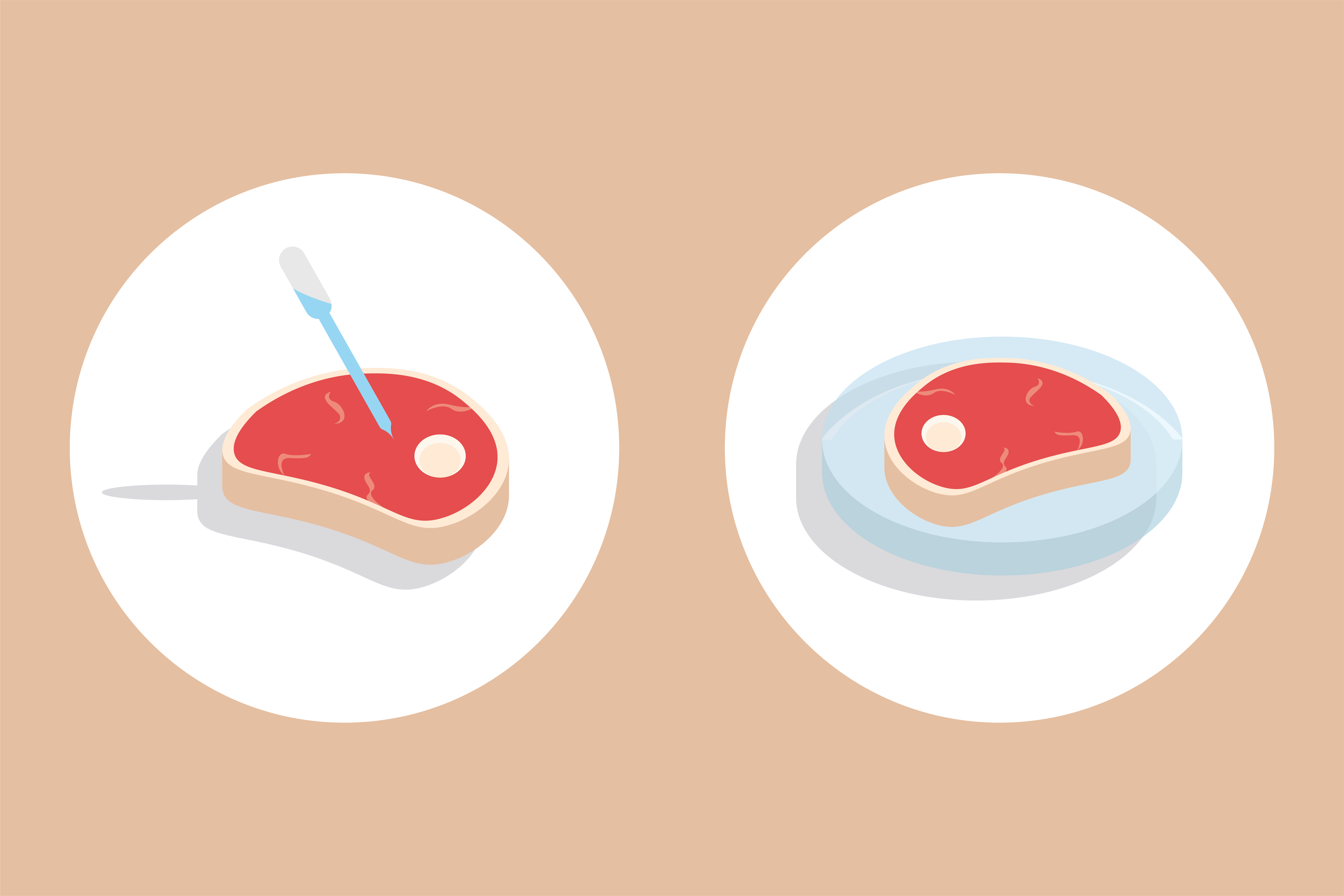
HSI2005 Our Science Stories and You
Have you ever wonder what does science have to say about our past, present and future? This course will bring to you the science stories of the origin of the universe, matter, earth, life, species, and humans that led to our present day and eventually determine our future. It will make connections to why these stories are relevant to you. As science intersects with society, we experienced not only its transforming power but also its related ethical, societal and environmental concerns. Students will encounter ideas, innovations, warnings, and hopes ignited by science that might make them reimagine the future.
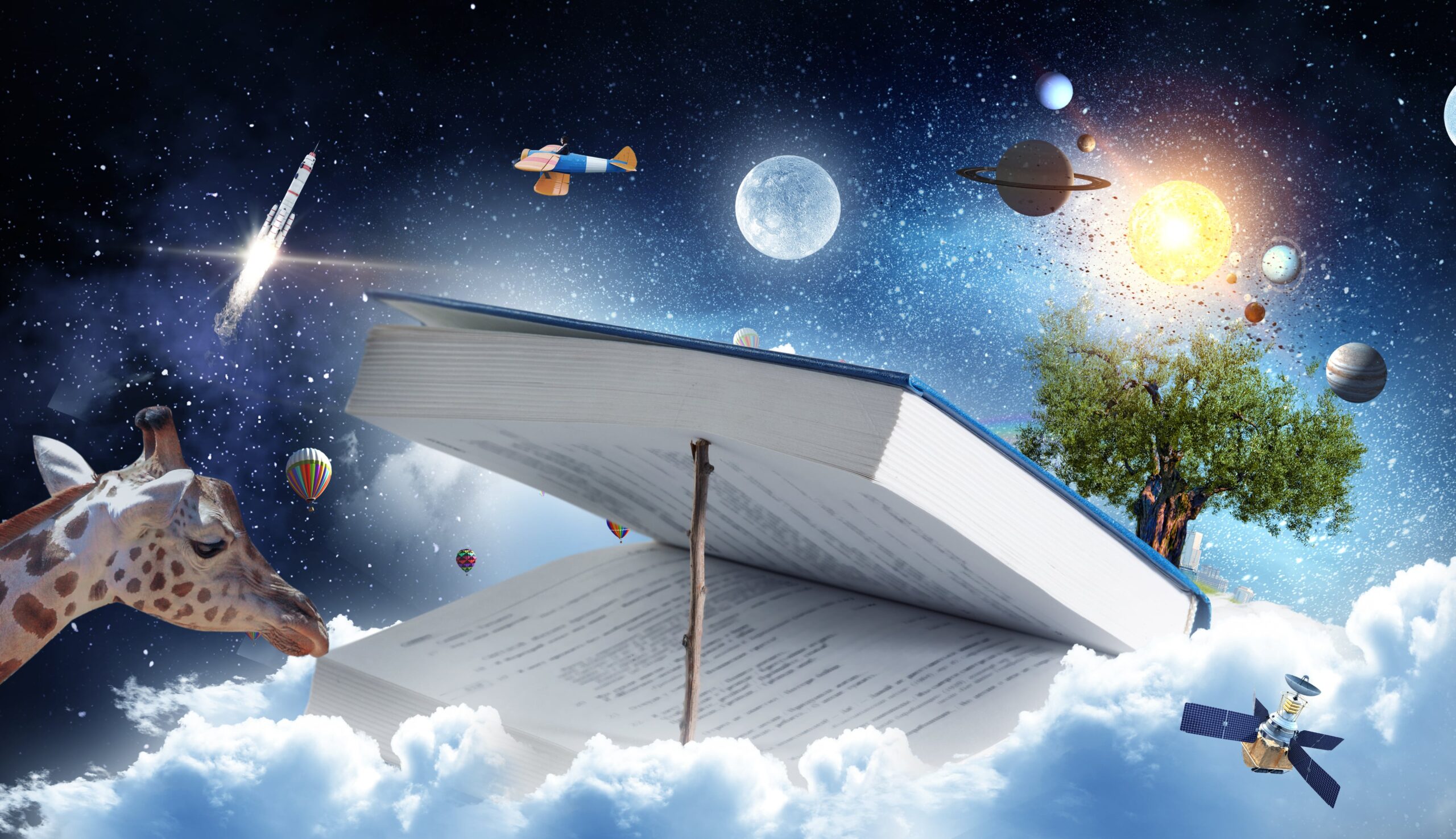
HSI2006 Decoding Home and Personal Care Products
Every day, we interact with a myriad of home and personal care (HPC) products, from skincare to laundry detergent. But have you ever wondered how these products work? How do we distinguish evidence-informed claims from agenda-driven marketing schemes? Centred on scientific inquiry, chemical, consumer and media literacies, this course aims to empower students to be informed consumers with increased awareness of the environmental, psychological, social, legal and marketing considerations surrounding HPC products.
Through inquiry-based and experiential learning, students will learn about the chemistry behind HPC products, how to debunk marketing ploys and formulate their own perfumes via a hands-on workshop.

HSI2007 Deconstructing Food
Conflicting messages, inflated claims and quackery on the effects of foods/ diets often confuse our food choices. How do we separate food science facts from science fiction? We will deconstruct food at the physical, chemical and biological level and use this knowledge to examine and explain controversies that often surround food and its relationship with us. Students will be able to make informed decisions on food choices at the individual level, at the population level and appreciate what food needs to be for the future.

HSI2008 A Brief History of Science & Why Things Often Go Wrong
This course is intended for all CHS students interested in the way the natural sciences (physics, mathematics and chemistry) did progress through the ages, and the cultural background and impact of these developments. The main focus will not be solely on the triumphs of science: As much as looking at success stories, we will also examine cases when things went wrong and try to learn about the reasons and conditions that lead to such problematic situations. We will examine how progress depends critically not only on conditions within the scientific communities but also on wider societal, economic and cultural influences.
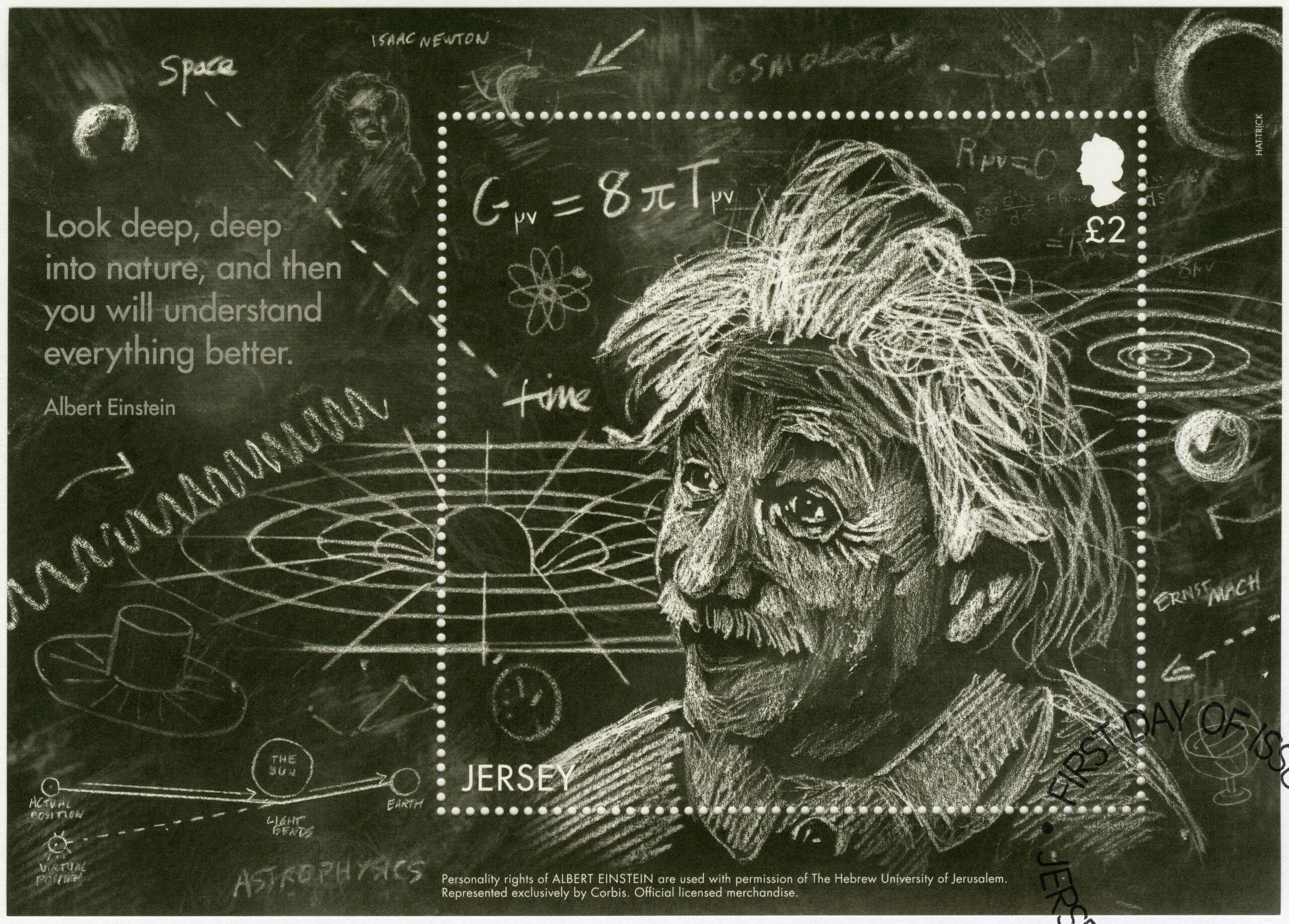
HSI2009 What is a Planet?
This course starts with an introduction to the historical perspective of astronomy. Planets then stood out as wanderers that moved among the stars. Over history, the study of planets has contributed much to science and the scientific method, and continues to do so today, illustrating the point that as we take in new discoveries, we may be forced to relook our old definitions and theories.
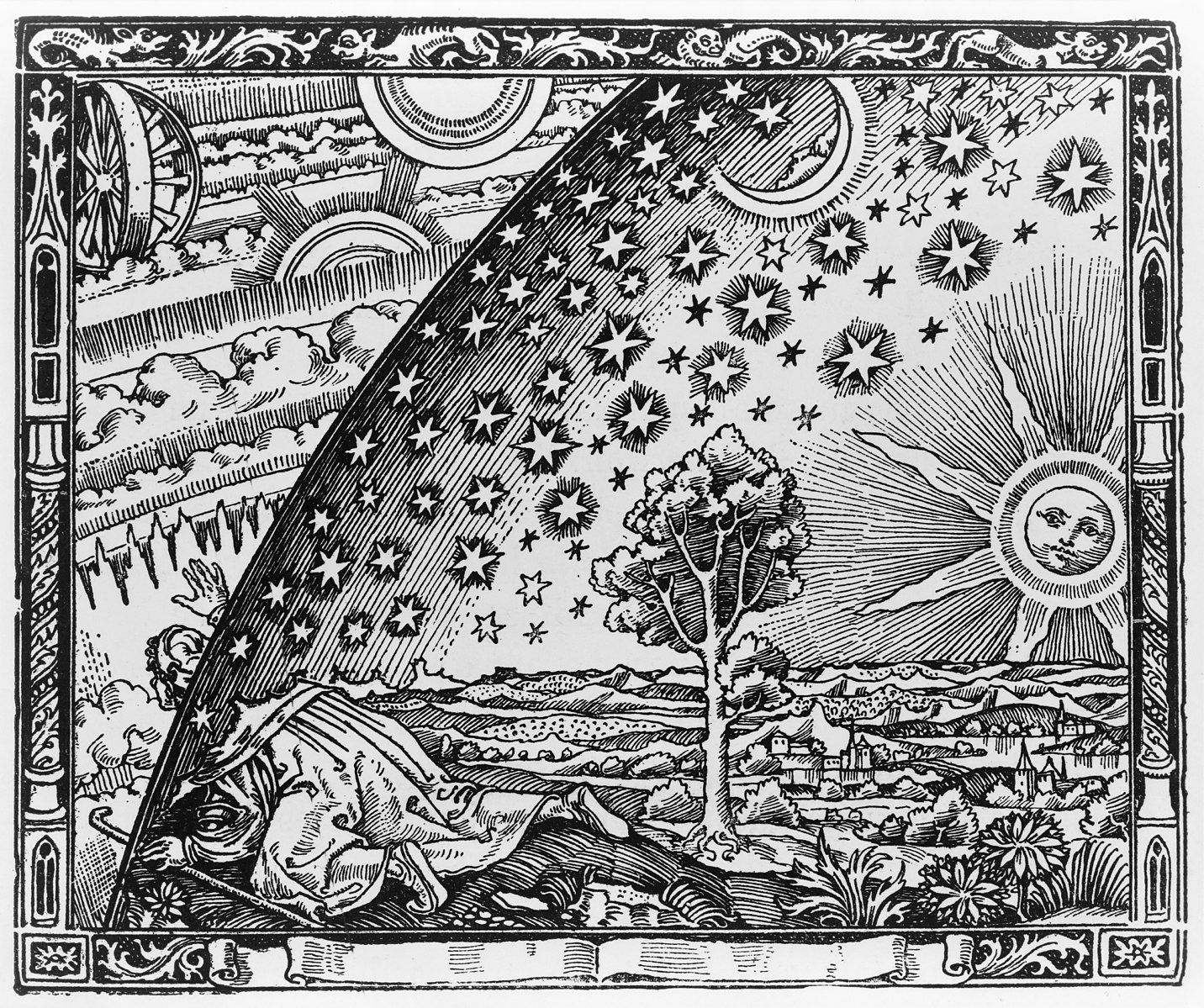
HSI2010 New Worlds Beyond Earth
The development of space technology during the mid-20th century ushered in a new age of discovery in which outer space is explored for advancing scientific research, commercial use, and ensuring the future survival of humanity. This course illustrates the use of scientific method to study Solar System objects and their physical characteristics, particularly the presence of water and potential biomarkers, and the multiple considerations required in the development of technology for launching artificial satellites, space tourism, asteroid mining, deflecting a potentially hazardous asteroid, and space colonization.
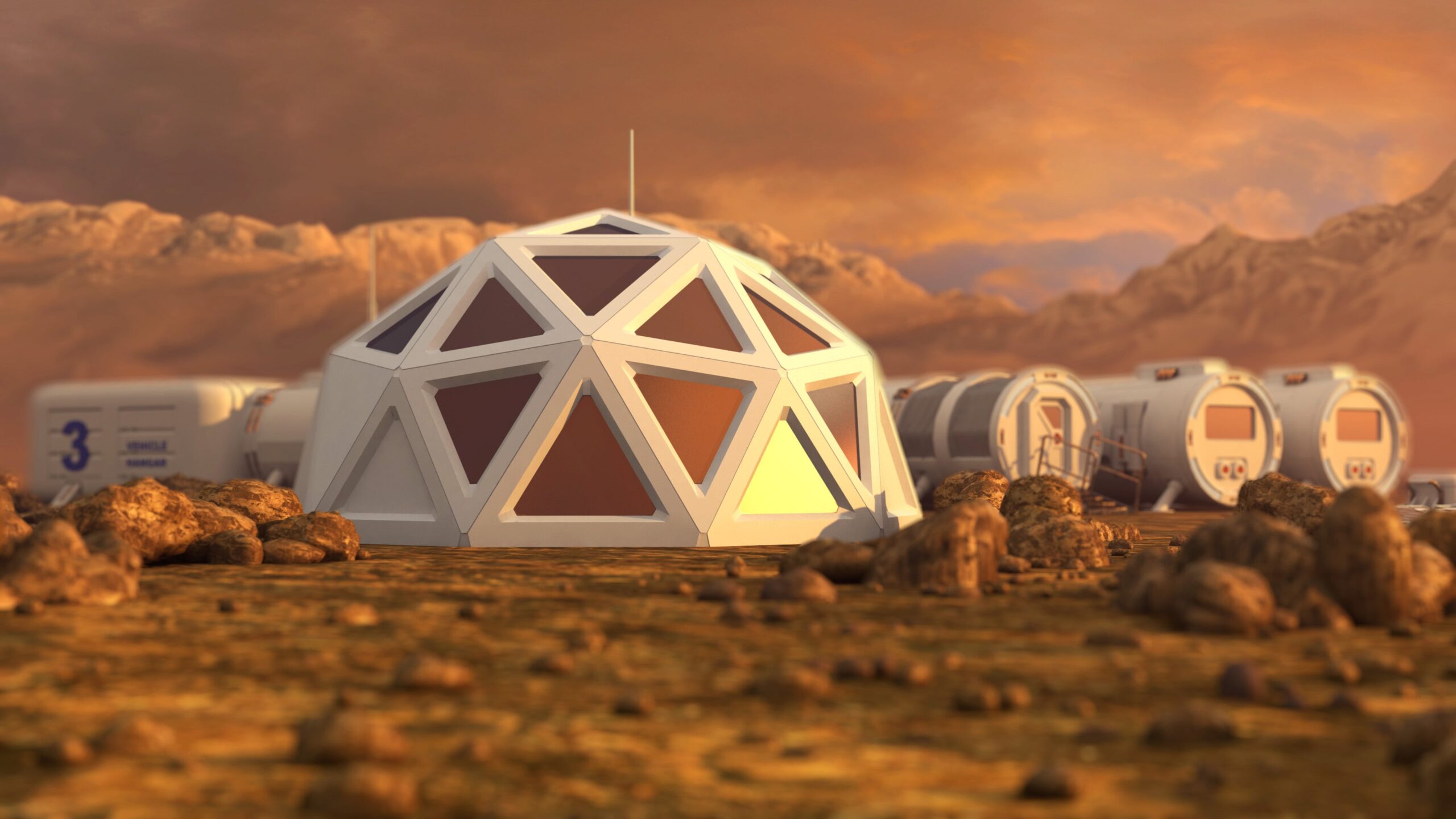
HSI2011 The World of Quantum
The scientific description of the smallest components of matter (atoms and sub-atomic particles, light) has become known as “quantum theory”. It is one of the greatest triumphs of science: it is not a formalisation of evidence and intuition, but rather harnesses phenomena that are invisible to the naked eye and counter-intuitive. It shows how science can stand behind apparently outlandish claims, and put this knowledge to practical use. The “experimental metaphysics” aspect of quantum physics is introduced through the description of paradigmatic phenomena. Then the history and current challenges are presented, with a special focus on the emerging quantum technologies.
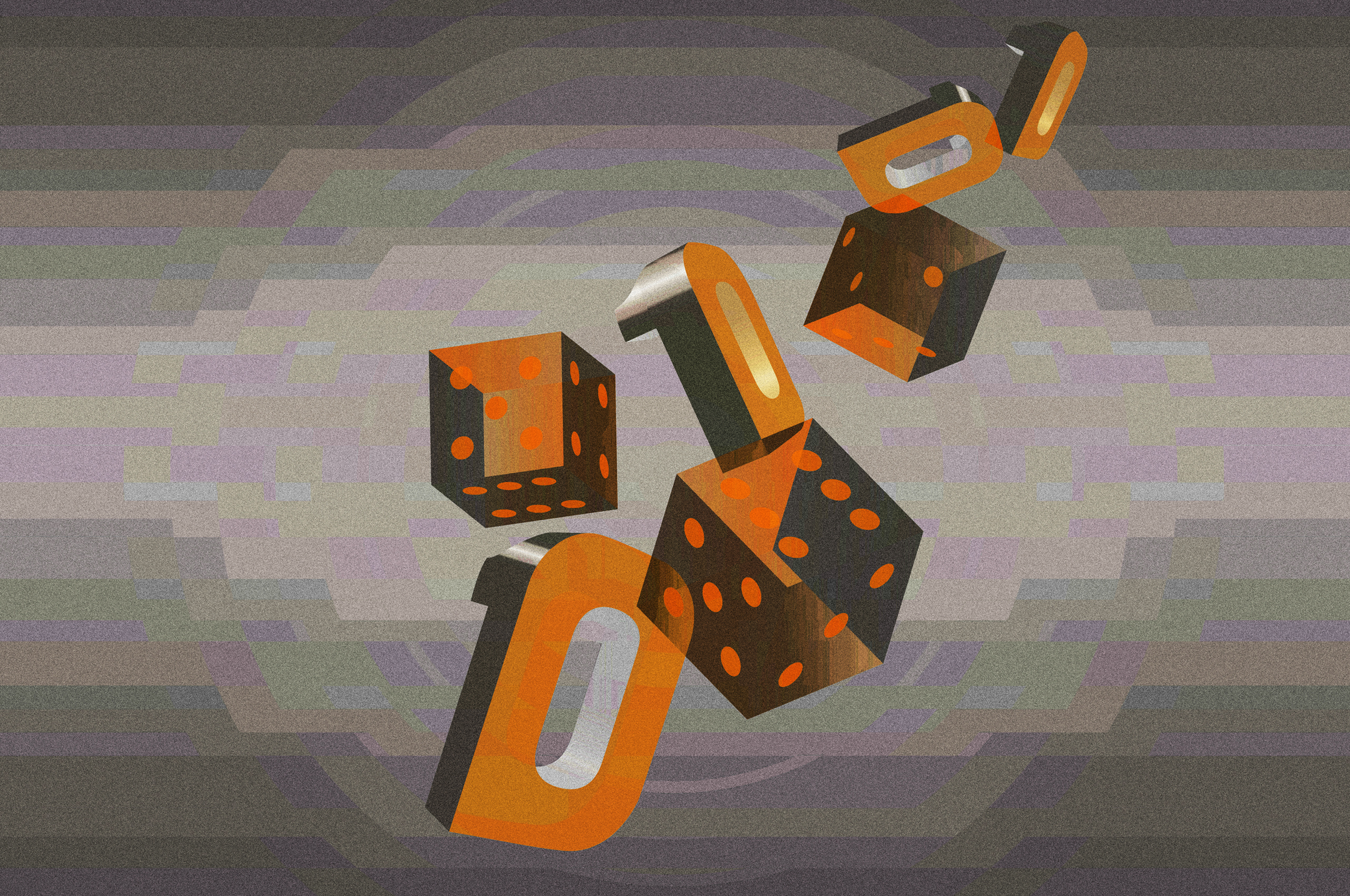
HSI2012 From Ancient Cosmologies to Big Bang
To early observers, Earth felt unmoving and residing at the center of the universe; the celestial objects were made of a heavenly, weightless element that naturally revolved around Earth. This course covers the history of cosmology from geocentrism and Aristotle’s physics to Einstein’s relativity and the Big Bang theory. Unsolved problems concerning the symmetry of the universe and existence of dark matter and dark energy, and philosophical questions concerning the theory of everything, origin of the universe, and existence of other universes will be addressed.
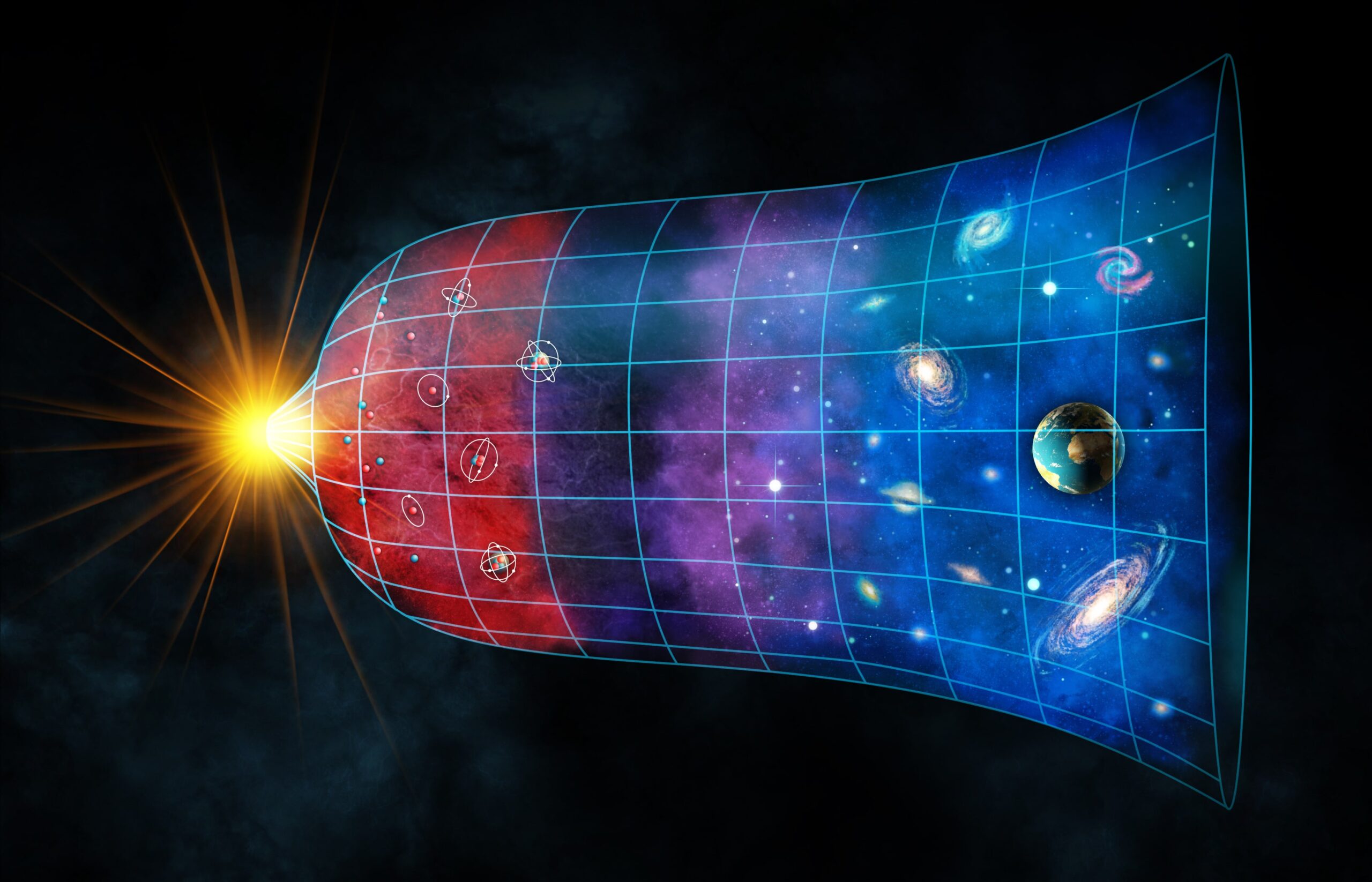
HSI2013 The Science of Music
This course is intended for all CHS students interested in the application of science and scientific inquiry to a subject which is believed by most people to be far removed from science - music. The course covers the historical discovery and evolution of the musical scale systems on which all music is based, the physics and technology of musical instruments such as the modern piano, and more modern developments such as electronic music and instruments and the digitisation of music.

HSI2014 Science, Medical Technology and Society
Medical technology is one of the most important applications of science and technology; it provides the means to protect and preserve lives in today’s world of ageing population, proliferation of chronic diseases, global pandemics and rising pollution. This course discusses the fusion of physics of biology that forms the basis of modern medical imaging and radiation therapy technology, and traces its roots from the foundational theories to its implementation in medical procedures. Students will learn how such technology is applied to disease management, as well as the modern innovations that pave the way towards the future of healthcare.
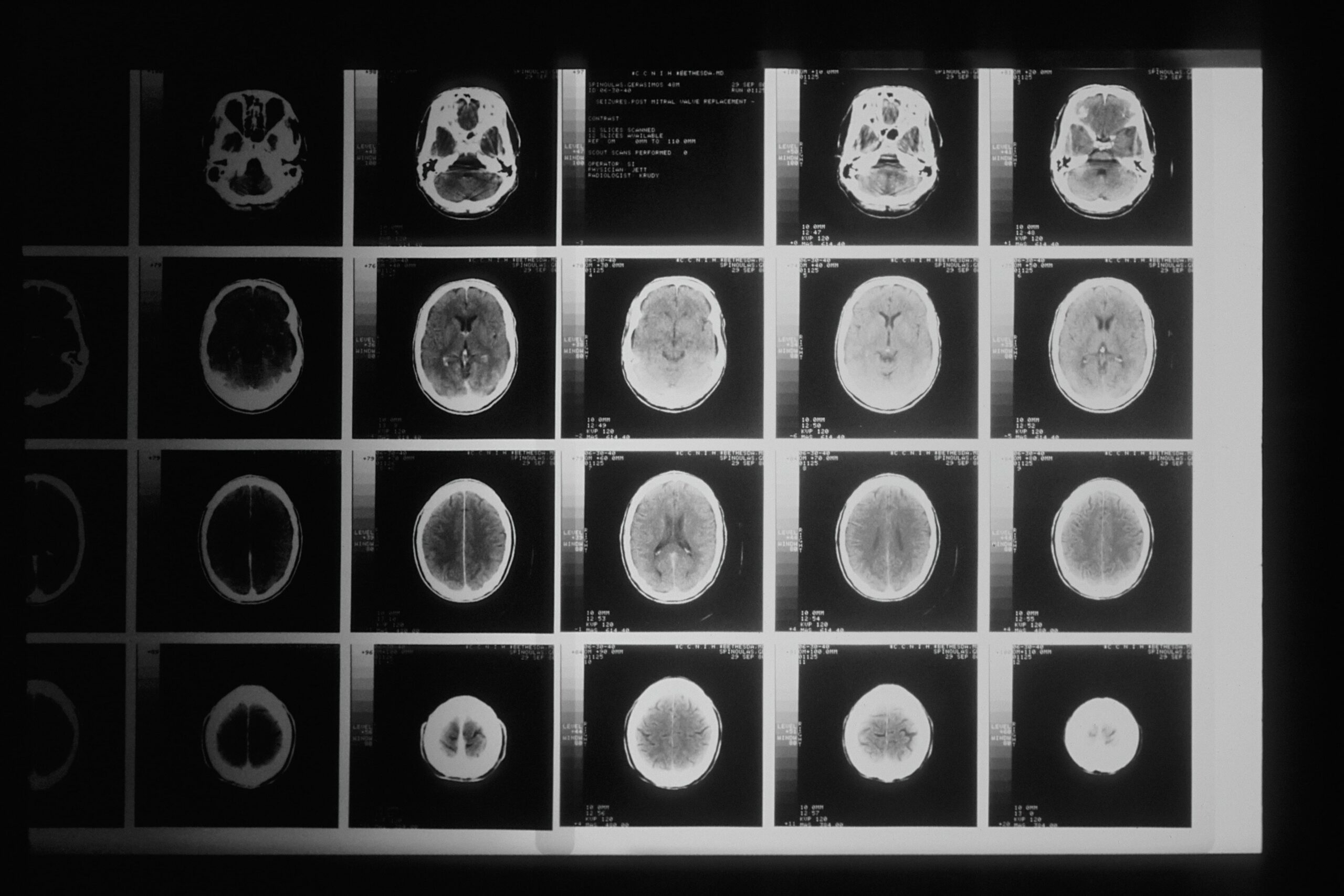
HSI2015 The Emerging Nanoworld
The essence of nanoscience and nanotechnology is the ability to understand and manipulate matter at atomic and molecular levels to create artificial structures with fundamentally new atomic and molecular organisations. In this course, students will learn that crystal, electronic, optical and magnetic structures behave differently and exhibit novel physical, chemical and biological properties when their dimensions are reduced to the range of 1 - 100 nanometers. The nanoworld is an exciting new realm that brings together multiple disciplines. Its impact on society is expected to be as significant as the combined antibiotics, integrated circuits and polymers in the twentieth century.
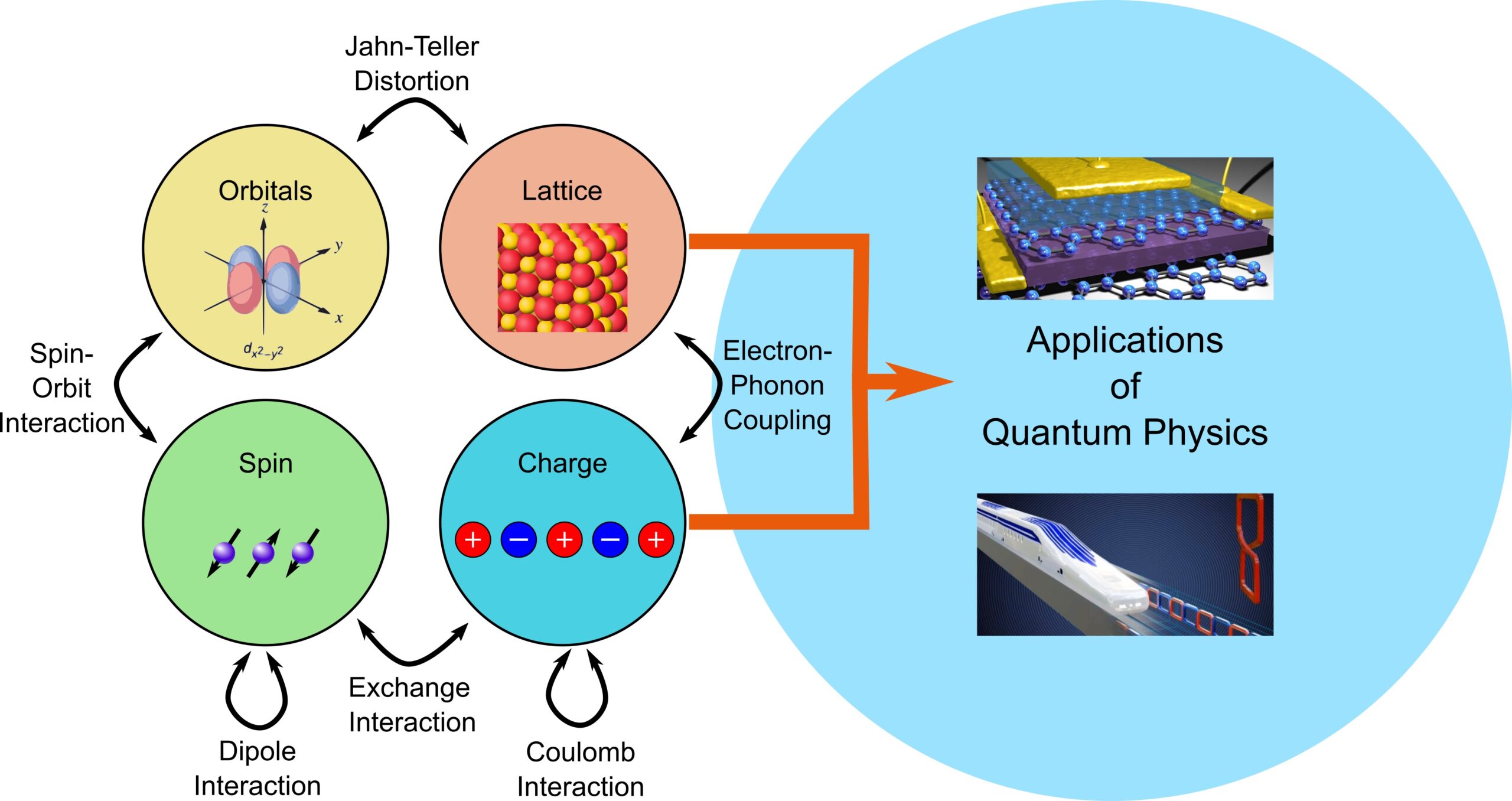
HSI2016: The Art of Science, the Science of Art
At first glance, it seems that Science and Art are unrelated: logical truth versus emotional imagination. However, Science and Art have much in common. Science has caused paradigm shifts in artistic expression and Art is used for communication of knowledge. Students will be introduced to the use of materials related to artistic expression, colour and perspective to create a three-dimensional illusion and technology for dating and attribution of objects of art. Scientific principles of various forms of Art will be explored. The course also aims to develop some artistic skills for illustration of scientific concepts and designs.
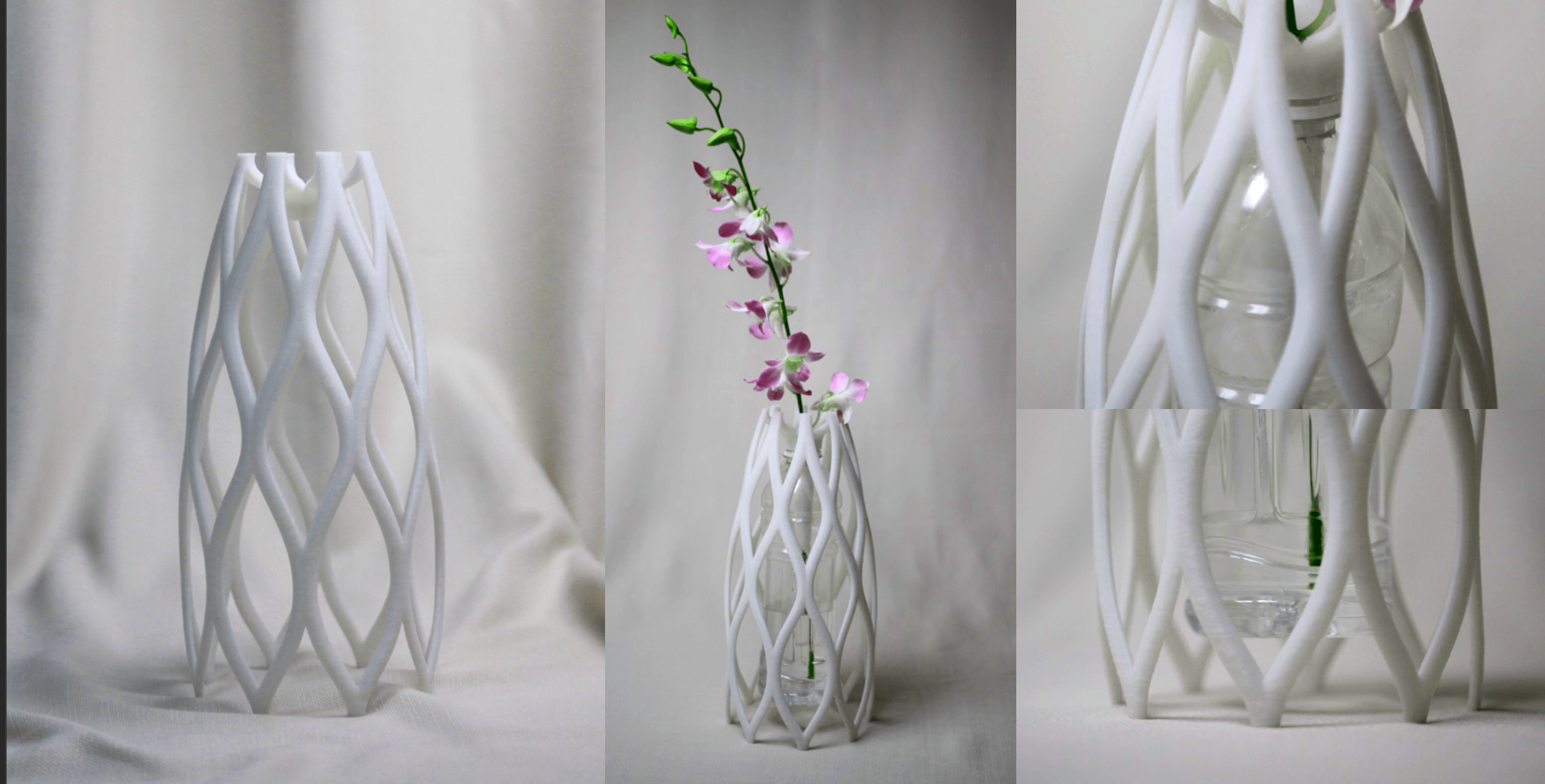
HSI2017: Darwin: History, Science and the Evolution of Life
Charles Darwin is one of the most influential scientists in history. His theory of evolution is the bedrock of the life sciences, with profound effects on society. But public misunderstanding is a problem.
This course synthesises the history of science, geology, palaeontology, biology and philosophy with debates about life on earth from the 17th to 21st century. It provides an interdisciplinary understanding of the greatest transformation in understanding the world as well as explaining the evolution of life over the past 3.5 billion years. There are many case studies on how to assess claims and evidence applicable to any area of debate.
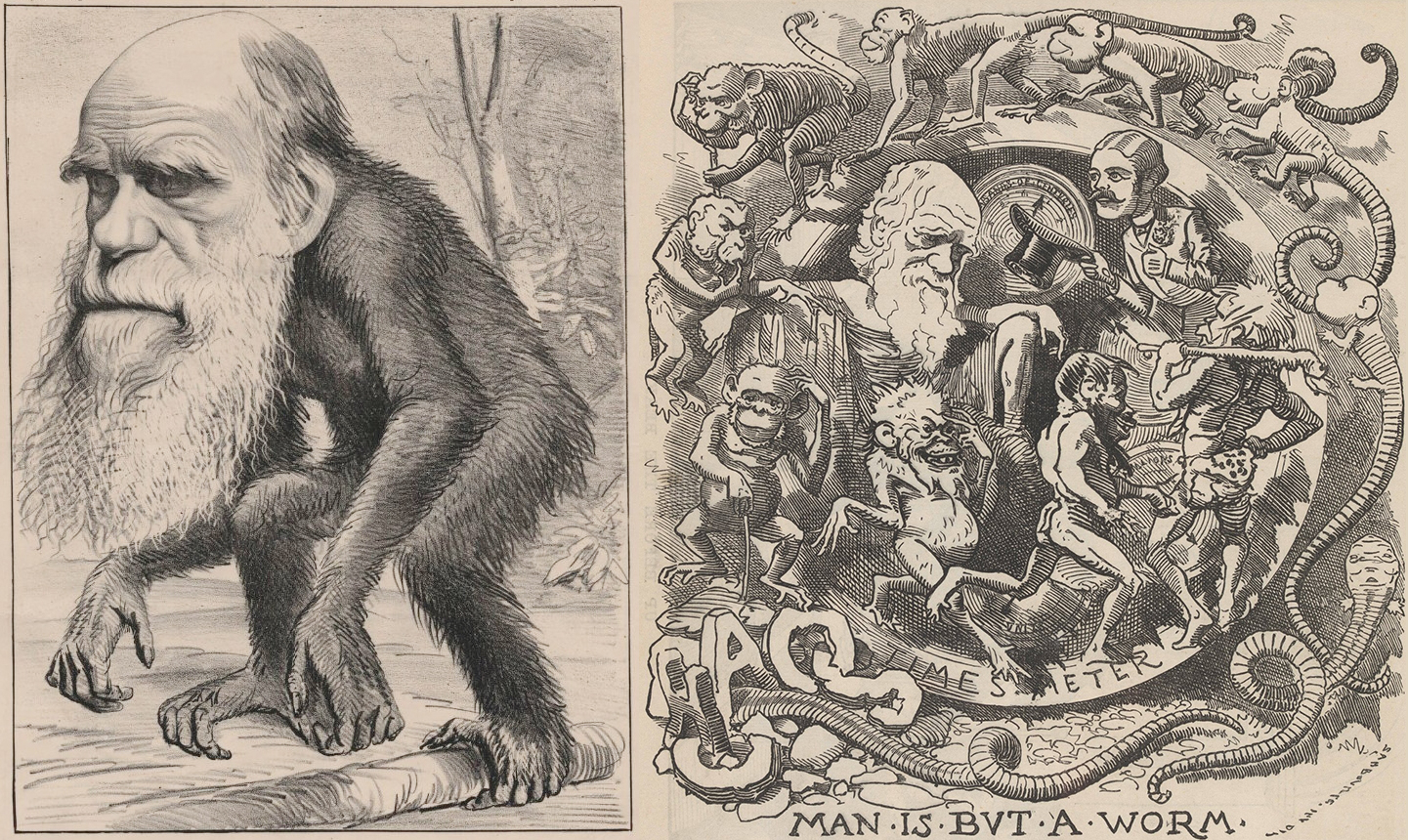
SP3275 Science for a Sustainable Earth
In this course, using the United Nations Sustainable Development Goals (UN SDGs) framework, students will develop critical and inventive thinking, communication, collaboration, and information skills. A systems thinking approach will be used to analyse and understand the complex interconnections between the planet and life. Topics will cover climate, environment, oceans, biodiversity, energy and social challenges. Projects and activities will include computational modelling, the measurements and analysis of scientific data, and the communication and discussion of global problems. Fieldwork projects will focus on gathering scientific data in local settings and collaborations with local and international organisations.
Please note
- This course is only open to students in the Special Programme in Science and fulfils the CHS Scientific Inquiry II requirement.
- This course is mandatory for those already in the Special Programme in Science.
